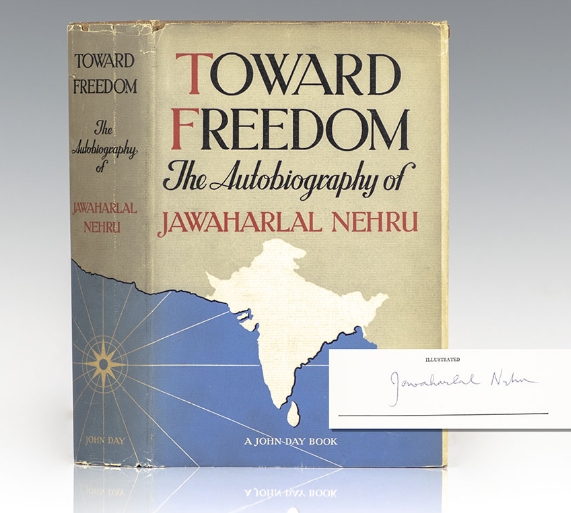Jawaharlal Nehru, the first Prime Minister of India, was not only a political leader but also a prolific writer and intellectual. His classic work, ‘The Discovery of India’, is a reflection of his deep thoughts on the history, culture, and philosophy of India.
Historical Influences:
Nehru’s work is heavily influenced by his understanding of India’s rich history, from ancient civilizations to the colonial period. He delves into the contributions of various cultures and religions that shaped India’s identity.
Cultural Insights:
In ‘The Discovery of India’, Nehru explores the diverse cultural heritage of India, from the Indus Valley civilization to the Mughal Empire. He highlights the tolerance and coexistence of different traditions and beliefs in the country.
Political Ideals:
Nehru’s political vision is evident in his book, where he emphasizes the principles of democracy, secularism, and social justice. He advocates for a modern and progressive India that embraces diversity and equality.
Philosophical Reflections:
Through his writing, Nehru reflects on the spiritual and philosophical traditions of India, such as Hinduism, Buddhism, and Jainism. He discusses the concepts of karma, dharma, and ahimsa that have shaped Indian thought.
Literary Legacy:
‘The Discovery of India’ not only serves as a historical account but also as a literary work that captures the essence of India’s soul. Nehru’s eloquent prose and vivid descriptions make the book a compelling read for readers interested in Indian culture and history.
In conclusion, Jawaharlal Nehru’s ‘The Discovery of India’ is a seminal work that continues to influence scholars, writers, and policymakers. Through his exploration of India’s past, present, and future, Nehru offers valuable insights into the country’s unique identity and enduring spirit.
